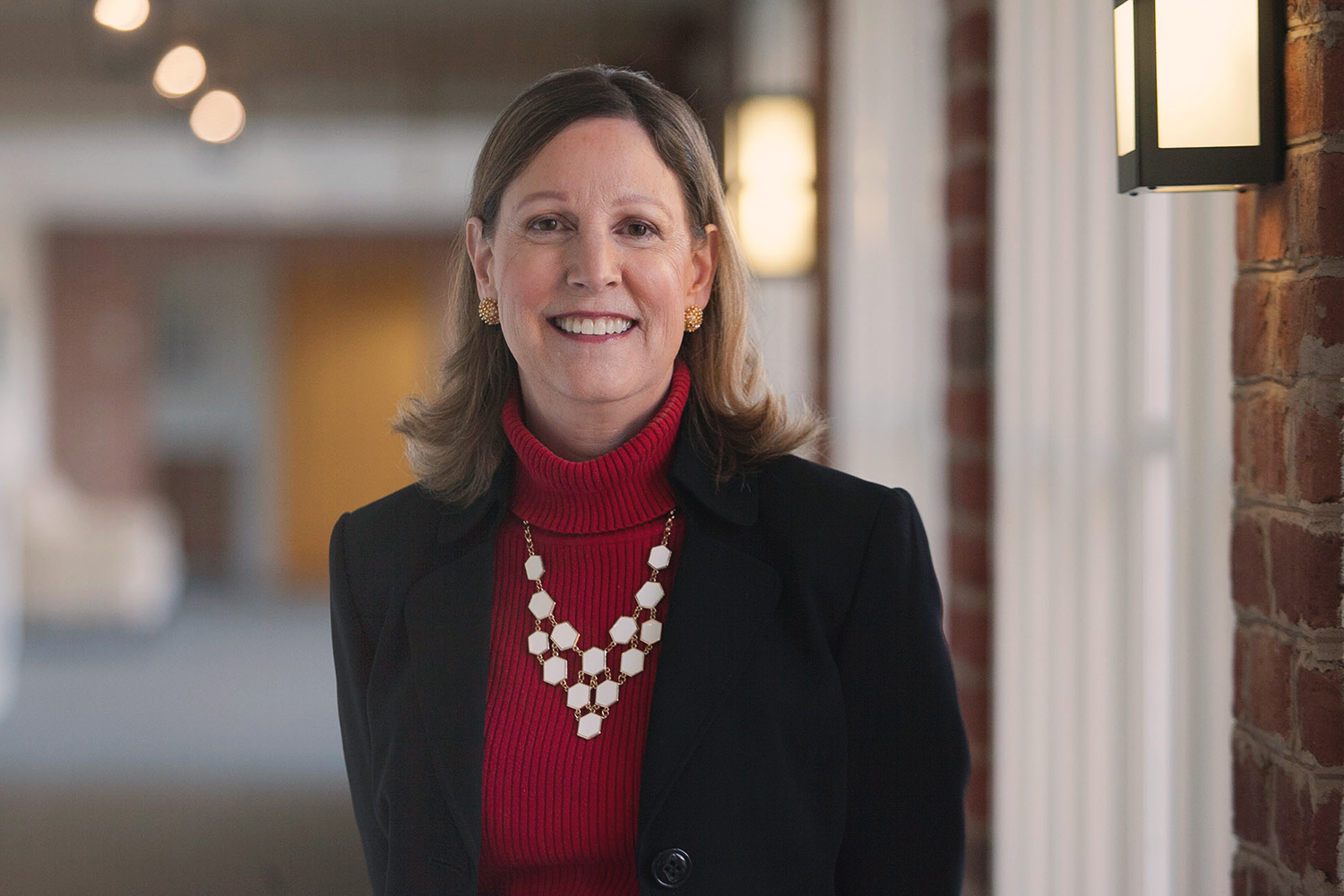Prior to Tuesday’s vice presidential debate in Farmville, the University of Virginia’s Miller Center partnered with Longwood University to host a panel discussion on the elevation of the stature of the vice presidency in recent history.
Barbara Perry, the Miller Center’s director of presidential studies and co-chair of the Presidential Oral History Program, moderated the discussion. She took part in a UVA Today Facebook Live session on Wednesday to offer some historical perspective on the debate itself and the role of both vice presidential candidates.
Perry discussed the changing nature of the vice presidency and what will be expected of U.S. Sen. Tim Kaine or Indiana Gov. Mike Pence, should they be elected to the position. We’ve excerpted a portion of her insights below, or click on the full video from the Facebook Live session.
Q. Historically, what have vice presidential debates added to presidential campaigns?
A. The [vice presidency] is very much the second banana, as they say in show business. Having said that, though, for times when the election was going to be close for the top of the ticket, [it matters] – and I would point to, specifically, 2004.
It was not a foregone conclusion that George W. Bush would win the election. So to have Dick Cheney have an excellent performance against John Edwards, the senator from North Carolina at the time, [mattered].
Some people thought John Edwards would have a good outing in that race and in that debate in 2004 against Dick Cheney because he was young, he was the new voice of the Democratic Party, [and] thought to have a great future in the Democratic Party. But the fact of the matter was, while he had a lot of experience as a court lawyer and playing to a jury, he did not have a lot of experience talking to a national audience that might have been 30 or 40 million people.
He sort of held his own against Cheney for the first 20 to 30 minutes, and then almost collapsed in a loss of energy. All the air really went out of his candidacy at that point.
So I think the fact that the election became pretty close, that it wasn’t a foregone conclusion that George W. Bush would win – he was becoming increasingly unpopular because of the Iraq War – I think you could make the case that of all of the vice presidential debates, that’s probably been the one that had the most impact.
Q. Does the fact that the presidential candidates are some of the oldest in our nation’s history add extra weight to the vice presidential candidacy?
A. I would point to the fact that nine vice presidents have risen to the presidency because of the death, assassination or resignation of a president; eight of those nine are death or assassination of the president. The one resignation, of course, was Richard Nixon in 1974 because of Watergate. That’s about one-fifth, or 20 percent, of our presidents.
There’s that and then as you pointed out, these two candidates would be among the oldest elected president. They would join Ronald Reagan in that category.
Whether one of these two [presidential candidates] will serve four years fully or even eight years, they will certainly be of advanced age and so these two young vice presidential candidates could become even more important to our country and the presidency.
Q. How do you think the founders would react to the modern concept of the vice presidency?
A. The founders really thought of the vice presidency – if they thought about it at all – as an afterthought. It was really something that was put into place as part of the Electoral College system. At the beginning with the Constitution and up until the 12th Amendment was ratified in 1804, the founders saw the vice presidency as just sort of an add-on.
When the electors voted for the presidency, they got two votes and they didn’t have to designate who they thought should be president or vice president [with each vote]. Simply whoever came in second in the electoral vote was named the vice president.
Well, that seemed to work for awhile, but suddenly in 1796 – because the electors weren’t designating who should become president or vice president, or even having people run as a ticket – you ended up with John Adams, a Federalist, as the president, and Thomas Jefferson, who was called a Democratic Republican, as the vice president.
You had a vice president who was of another party. Then in 1800, Thomas Jefferson and the person who was meant to be his vice presidential running mate, Aaron Burr, tied in the Electoral College. So the founders realized, “We’ve got a problem on our hands.”
They amended the Constitution in order to have the electors now vote separately for president and vice president, or at least take into consideration the concept of party tickets, so you are voting for a ticket. So I think the founders who originally wrote the Constitution would have been surprised at the development [of the modern vice presidency].
Media Contact
Article Information
October 5, 2016
/content/does-vice-president-matter-miller-center-expert-offers-historical-perspective

